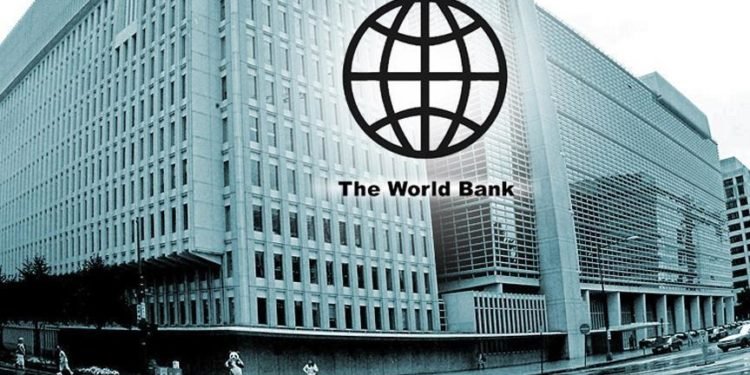The World Bank has forecast a significant rise in poverty across Nigeria, projecting an increase of 3.6 percentage points by the year 2027.
This grim projection was detailed in the latest edition of Africa’s Pulse, a report released during the ongoing Spring Meetings of the International Monetary Fund (IMF) and the World Bank in Washington, DC.
Despite slight improvements in economic performance, especially within Nigeria’s non-oil sectors in late 2024, the report warned that deep-rooted structural issues—such as the country’s heavy dependence on natural resources and ongoing instability—could hinder any substantial progress in reducing poverty.
The World Bank singled out Nigeria, along with the Democratic Republic of Congo and other resource-dependent fragile states in Sub-Saharan Africa, as countries where poverty levels are expected to worsen.
In contrast, nations without significant resource wealth are anticipated to make quicker strides in poverty alleviation.
“Between 2022 and 2027, poverty in resource-rich, fragile nations—like Nigeria—is projected to rise by 3.6 percentage points,” the report noted.
The Bank further revealed that Sub-Saharan Africa continues to lead in global extreme poverty, with the region accounting for 80% of the world’s 695 million people living in such conditions as of 2024. Half of these individuals reside in just four countries.
Comparatively, South Asia holds 8% of the global total, East Asia and the Pacific 2%, the Middle East and North Africa 5%, and Latin America and the Caribbean 3%.
The slow pace of poverty reduction in resource-heavy countries has been linked to declining oil revenues and weak fiscal frameworks.
On the other hand, nations with limited natural resource wealth are experiencing better outcomes, thanks in part to higher agricultural commodity prices and relatively more stable economic environments.
“This trend reflects a familiar pattern where nations rich in natural resources but plagued by fragility or conflict tend to suffer the highest poverty rates—reaching an average of 46% in 2024, which is 13 points higher than in resource-rich countries without conflict,” the report added.
To tackle these challenges, the World Bank urged Nigeria and similar economies to improve fiscal governance and foster a stronger, more transparent relationship between governments and citizens.
According to the Bank, such reforms are essential for driving inclusive growth and ensuring long-term poverty reduction.
